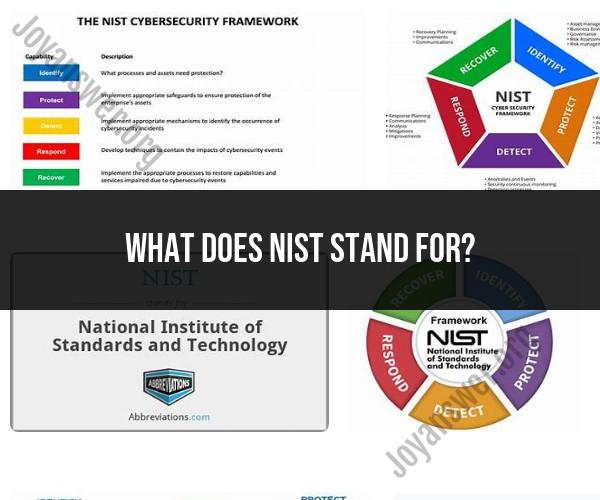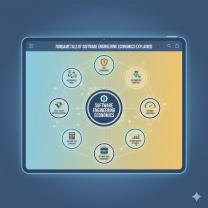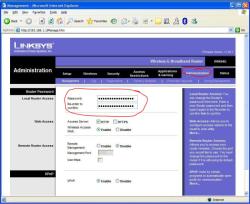What does NIST stand for?
NIST stands for the "National Institute of Standards and Technology." It is a U.S. federal agency within the Department of Commerce that is responsible for promoting and maintaining measurement standards, as well as advancing technology and innovation. NIST plays a crucial role in various fields, including science, engineering, and technology. Its mission is to develop and promote measurement standards, technology, and practices to enhance economic productivity, innovation, and the overall quality of life in the United States. NIST is also involved in cybersecurity, cybersecurity standards, and cybersecurity research, helping to develop and maintain standards and guidelines for information security.
Overview of the National Institute of Standards and Technology
The National Institute of Standards and Technology (NIST) is a non-regulatory agency of the United States Department of Commerce. NIST's mission is to promote U.S. innovation and industrial competitiveness by advancing measurement science, standards, and technology in ways that enhance economic security and improve our quality of life.
NIST is one of the nation's oldest physical science laboratories. Congress established the agency in 1901 to remove a major challenge to U.S. industrial competitiveness at the time—a second-rate measurement infrastructure that lagged behind the capabilities of the United Kingdom, Germany, and other economic rivals.
NIST is headquartered in Gaithersburg, Maryland, with facilities in Boulder, Colorado; Charleston, South Carolina; and multiple other locations across the country. NIST employs approximately 3,000 scientists, engineers, technicians, and other support personnel.
NIST's Role as Measurement Standards Laboratory for U.S.
NIST is the nation's measurement standards laboratory. It is responsible for developing, maintaining, and disseminating measurement standards and reference materials. NIST also provides measurement traceability services to help ensure that measurements made across the country are consistent and reliable.
NIST's measurement standards and services are used by a wide range of industries, including manufacturing, healthcare, energy, and transportation. NIST's work helps to ensure the quality and safety of products and services, and it supports research and innovation.
Scope of NIST Scientific and Technological Programs and Research
NIST's scientific and technological programs and research cover a broad range of topics, including:
- Advanced materials and manufacturing
- Building and fire research
- Chemical science and technology
- Cybersecurity
- Electronics and electrical engineering
- Information technology
- Mathematics and statistics
- Measurement science and technology
- Neutron research
- Physics
- Public safety
NIST's research and programs are designed to address the nation's most pressing scientific and technological challenges. NIST works closely with industry, academia, and government agencies to ensure that its research is relevant and impactful.
Here are some examples of NIST's scientific and technological programs and research:
- NIST is developing new materials and manufacturing processes to help U.S. industries produce more efficient and durable products.
- NIST is conducting research on building and fire safety to help protect people and property from fires.
- NIST is developing new cybersecurity standards and technologies to help protect computer systems and networks from attacks.
- NIST is working to develop new quantum computing technologies that have the potential to revolutionize many industries.
NIST's scientific and technological programs and research have a significant impact on the U.S. economy and society. NIST's work helps to ensure the quality and safety of products and services, and it supports innovation and economic growth.













